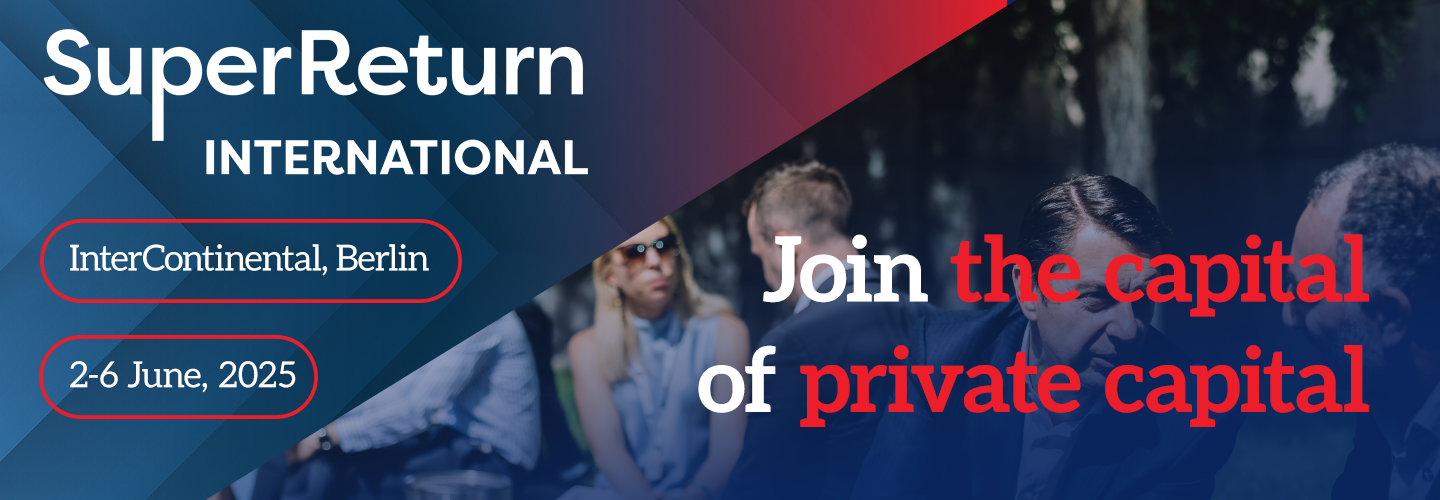Private markets' communication dilemma: Risk, politics and strategic messaging

With thanks to Gregory FCA for their contribution to this article.
Imagine a private equity firm finalizing a cross-border deal, only to have geopolitical tensions escalate overnight, introducing unforeseen tariffs and regulatory hurdles. Now imagine another PE firm sends out its annual ESG report to investors. Days later, US regulators announce new disclosures scrutinizing ESG-linked claims under Donald Trump’s Securities and Exchange Commission. Within a week, the firm’s investor relations team is fielding questions from both progressive LPs who felt the firm wasn’t saying enough, and conservative ones warning it had said too much. Welcome to the new normal.
The return of Donald Trump to the White House has set off a fresh wave of uncertainty across the private, as well as public, markets. From geopolitical shocks to fragmented regulation and culture war flashpoints, investors must adapt to an environment where strategy and communications are central to managing risk. And in today’s polarized climate, LPs hold a wide range of views. Some want values explicitly aligned with their own. Others want minimal exposure to politicized issues. GPs need to be clear, consistent and committed in their messaging, regardless of where their investors sit on the spectrum.
An era of black swans
War in Ukraine. War in Gaza. Trade wars. Europe’s biggest blackout for more than two decades. A reignited India-Pakistan crisis. These aren’t theoretical tail risks. They’ve all sent shockwaves across the financial markets and global private equity firms are having to navigate this series of unexpected twists and turns. Some are leaning into distressed opportunities. Others are sitting on dry powder and focusing on stabilizing or diversifying their portfolios. The one constant across strategies is a growing demand for clarity from LPs.
It's no longer enough to communicate what you are doing. LPs want to know why and how the GP’s core thesis holds up under macro pressure. In this environment, regular, clear and candid communication is not limited to an investor relations function. It’s a strategic risk management tool.
Walking the sustainability tightrope
One of the biggest issues private markets have had to grapple with in 2025 is the politicization of ESG, particularly in the US, which has withdrawn from the Paris Climate Agreement, and where USAID funding has been gutted and a barrage of executive orders have been issued to "terminate every diversity, equity, and inclusion (DEI) program across the entire federal government.” The SEC introduced new reporting rules that make it more difficult to market funds or strategies as “ESG” without rigorous, quantitative backing. While billed as a crackdown on greenwashing, the impact has been stark: US investors pulled $6.1 billion from sustainable funds in the first three months of 2025, marking the 10th consecutive quarter of withdrawals, according to Morningstar.
The cultural backlash has also ramped up. Pension plans are pulling mandates from managers perceived as “too woke,” while activist groups on both sides are targeting firms either for pandering to the right or abandoning climate goals.
The result: GPs are walking a razor-thin line. Say too little, and risk being accused of abandoning values. Say too much, and risk alienating key segments of their investor base.
The anti-ESG effect isn’t confined to the US. European managers and LPs are also feeling the fallout. Across the globe, sustainable open-end and exchange-traded funds experienced record-high outflows in the first quarter of 2025, according to Morningstar. Europe suffered its first quarter of net outflows of ESG investments since 2018, of $1.2 billion, compared to inflows of $20.4 billion in the previous quarter[1].
Many managers aren’t abandoning their thesis – they’re rephrasing it. They’re toning down their language around ESG and sustainability and instead emphasizing “value”, “risk mitigation”, “future proofing” and “longevity.” It’s less about changing what they do, and more about framing it in language that feels less politically charged but still resonates with LPs focused on long-term value.
Say what you mean and stick to it
This presents a strategic communications dilemma: there are many GPs with global investor bases. What plays well with a Dutch pension may not land the same with a Texas retirement fund.
In this context, “authenticity” must be calibrated – not watered down, but tailored. It means being specific about what ESG means in your strategy, and using plain, measured language rather than high-level mission statements.
Despite the noise, institutional investors still care about sustainability, certainly when it’s connected to performance. LPs across the world continue to demand environmental data, workforce transparency and impact metrics. And there are many that remain committed to responsible investment, but they’re wary of firms that appear to flip-flop depending on the audience.
The message to GPs: Own your stance. If you believe sustainability is material to long-term returns and value creation, explain why. If you’re adjusting your language or exposure, say so. Investors can handle nuance, but not inconsistency.
Reputation management is now a daily discipline
For GPs in 2025, communications teams aren’t just supporting the front office – they are the front office. Here are three tactical communication tips for GPs today:
- Segment your LP communications. Tailor messaging by region, mandate and sensitivity.
- Don’t disappear. In moments of political or regulatory tension, silence often creates more uncertainty than a carefully worded update.
- Lead with outcomes, not ideals. Whether talking about sustainability, DEI or risk, use numbers and results. The era of vague values-first messaging is over. Specificity is what matters.
The private equity industry has always thrived from capitalising on change. But the variables today are different. Politics, values and communications are part of every investment equation, whether firms like it or not.
Compelling strategies aren’t enough. The managers who win in this cycle will be the ones who can explain those strategies transparently, credibly and consistently. With geopolitics, climate and culture wars colliding, GPs must navigate reputational landmines, reassert core investment strategies, and rethink how and when they communicate their values.
